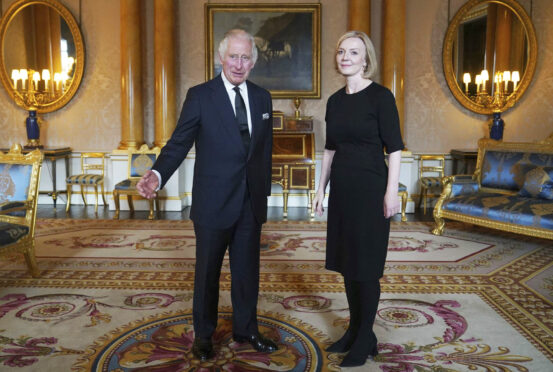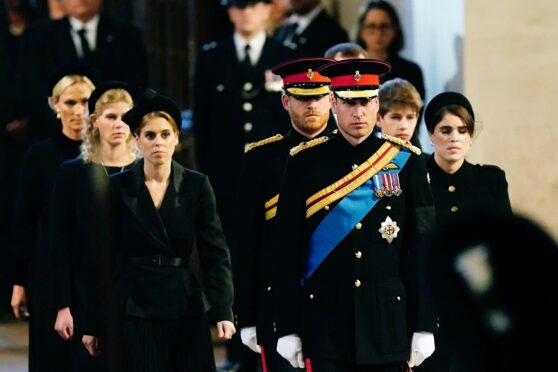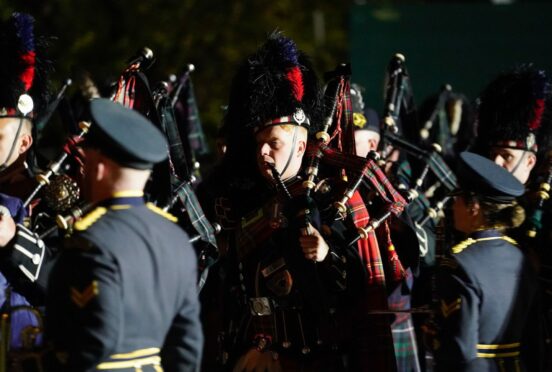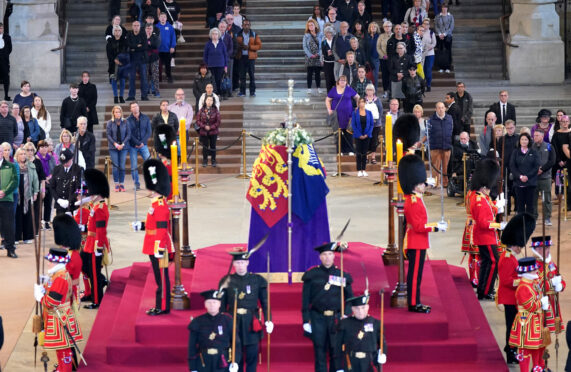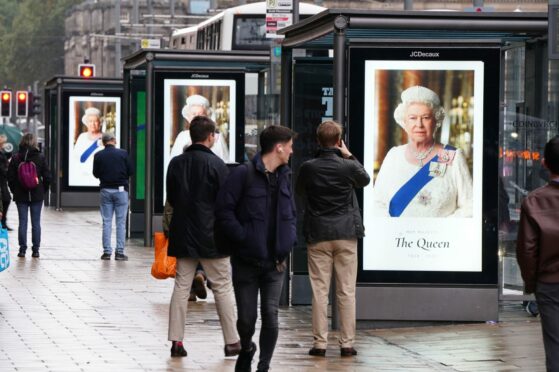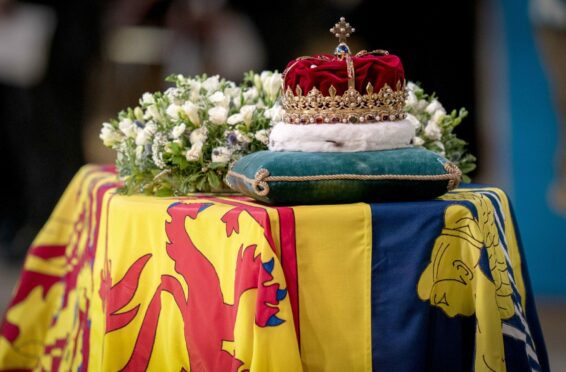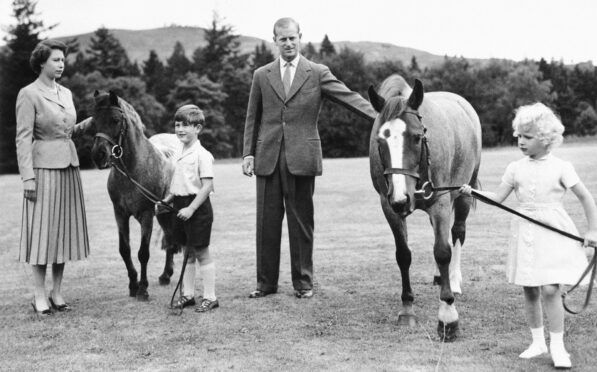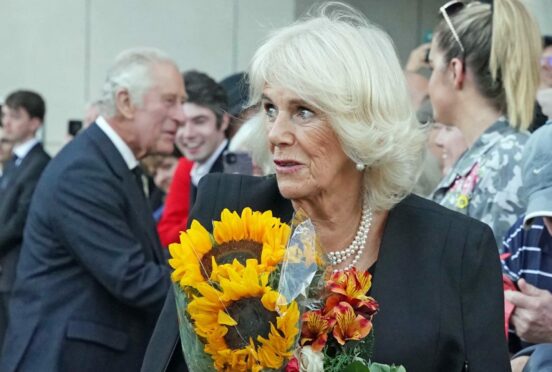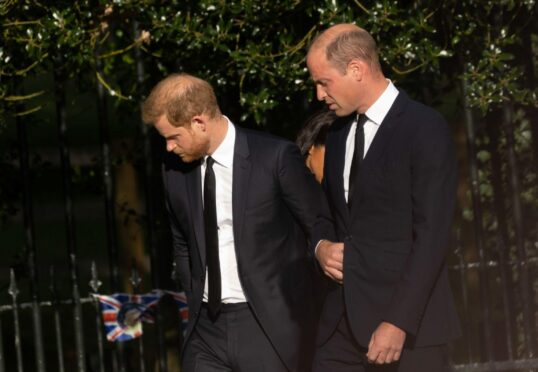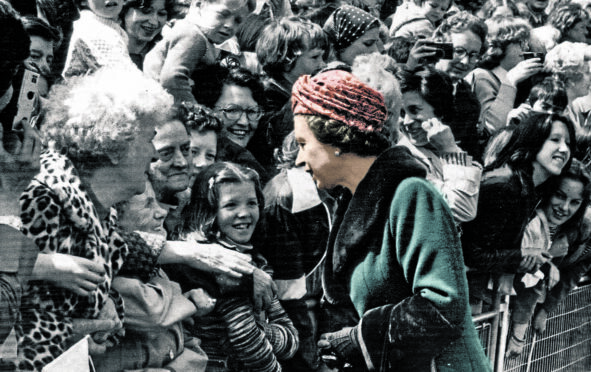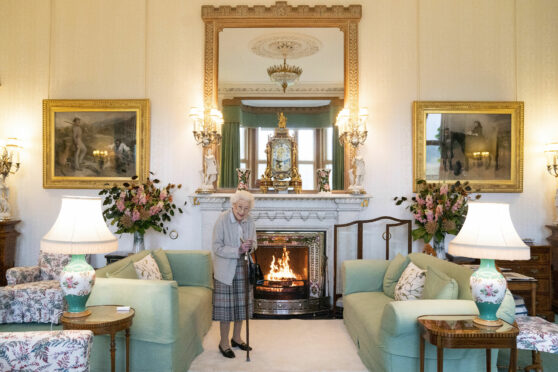
The last pictures of the Queen, taken in her cosy Balmoral drawing room, are more than historic.
Obviously frail but still smiling and determined to formally appoint a new prime minister, her 15th, she was quietly magnificent.
“Beautiful young people are accidents of nature, but beautiful old people are works of art,” Eleanor Roosevelt said. Doing the right thing for decades takes considerable skill and talent – and that shone through.
Monarchy is not my thing but even before the news of the Queen’s final illness was known, I returned to those tender pictures by the Press Association’s Jane Barlow with a mixture of admiration and fascination.
Here was a beloved mother, grandmother and great-grandmother smiling – and working – aged 96. Certainly Elizabeth Windsor was cushioned by luxury and privilege but her grace and dignity were undeniable.
There has been a focus on continuity in the tributes since her passing. She was “the rock on which modern Britain was built”, said Liz Truss.
Using a different metaphor to say much the same thing, Keir Starmer said her death robbed Britain of its “stillest point” because, in the words of the poet Philip Larkin, “she did not change.”
But continuity means different things depending on where you stand. Continuity of inequality, privilege and centralised authority is not a good thing. Nor is it necessarily the entire truth when applied to this Queen. She earned admiration as an individual, even from those with republican sympathies, because she was also able to embrace change.
Who can forget the respect and genuine affection she showed to Nelson Mandela? South Africa’s first black president stayed at Buckingham Palace as her honoured guest, was venerated at a state banquet and rode with the Queen through the streets of London in an open coach.
A decade earlier Her Majesty’s government, led by Margaret Thatcher, refused even to impose sanctions against the apartheid regime which imprisoned this incredible man for 27 years. It was widely reported that Queen Elizabeth was deeply uneasy about Mrs Thatcher’s stance and the damage it did to the Commonwealth.
More remarkable still was that famous 2012 handshake with Martin McGuinness, the former IRA commander who became deputy first minister of Northern Ireland. The Queen’s much-loved cousin, Lord Mountbatten, was murdered in Sligo Bay with three other people in 1979, but the peace process took precedent over personal feelings.
McGuinness revealed later they had talked privately about Mountbatten. He said: “I will not repeat what she said as that would not be proper but she was absolutely understanding of the need for everyone to work together to ensure we don’t go back to the past.”
Looking back at the picture of that famous encounter, the Queen, dressed in vivid lime green, greets McGuinness with a warm, genuine smile. She may have been doing her duty but she never looked in any way stoical.
It has been said a million times but she will be a terribly hard act to follow. King Charles III’s fortune as a son – to have his mum for so long – may prove his misfortune as a monarch.
The Queen was just 25 when her father died and a door closed on her private life. She was shaped into the top job in her formative years. “I didn’t have an apprenticeship,” she once said.
Charles by contrast had the longest apprenticeship in history. He has 73 colourful years behind him, some of the most lurid played out under an unforgiving gaze in the age of mass media.
This is not the time to dwell on the difficulties and embarrassments, none of which will matter to royalists. But majesty requires mystique, and Charles’s long apprenticeship makes that a challenge.
“The Queen is the monarchy for most people,” one republican campaigner said at the time of the Platinum Jubilee. “After she dies, the future of the institution is in serious jeopardy.”
King Charles has, quite correctly, received sympathy and respect since Thursday. He mourns his mother while having to perform exacting formal engagements and rituals in full public glare. However, these sad times will pass, the coronation will come and go and normal public scrutiny will resume. The rock of the British monarchy could then find itself on far less solid ground.

Enjoy the convenience of having The Sunday Post delivered as a digital ePaper straight to your smartphone, tablet or computer.
Subscribe for only £5.49 a month and enjoy all the benefits of the printed paper as a digital replica.
Subscribe